Lessons My Dying Patients Taught Me About Living
As a former oncology social worker, I spent five years counseling end-of-life cancer patients in a hospital setting. It has been a great privilege to bear witness to the courage, grief, pain and self-discovery of my patients who were nearing the end of their lives. I recognized the immense pain and fear that my patients felt when it came to talking about death and how these conversations were avoided so frequently. During this journey with my patients, I realized and appreciated the rawness of the work and the deep vulnerability that my patients had so courageously shared with me. I witnessed the struggle of not knowing how much time was left in their lives and coming to terms with living for each day. After many conversations, I realized that when my patients were talking about dying and “death” it was not even about the actual moment of passing or dying. It was more about examining all of the moments leading up to the end that mattered so much. These lessons I have learned have enhanced my life and I hope they help you too.
And if you feel as though you would like to talk to someone, feel free to reach out to schedule a consultation for chronic illness therapy.
1.Quality relationships matter most
In day-to-day life it is common to focus on “things” that make us happy. So often, we are searching for a fix, or a high, or chasing the next best opportunity. However, when individuals are faced with life coming to an end, what stands out are not so much the “things” that have been acquired, but the quality of our relationships. The relationships that allow us to be our authentic selves. The importance of being fully heard and seen is paramount. Many cancer patients often shared the importance of being connected to people who made a difference in their journey. I learned that it is essential to nurture your relationships for ultimate fulfillment.
2.The little things are the big things
When people are at their end-of-life stage, they are often extremely vulnerable. The little things add up to the big things. A text you send, a call you make, a note you send, a meal you drop off, are all things that can make such a difference in someone's life.
3.Appreciate your health
Health is one of our most valuable assets. It gives us infinite capacities and ways to find joy and pleasure. Many people do not recognize or appreciate their health until they become unwell. If you do not have to attend regular doctor appointments or receive treatment, that is a privilege. Walking is a privilege. Tasting and smelling food is a privilege. Being able to speak is a privilege. It was even these basic things that I witnessed could be taken away so quickly and were so deeply longed for after they were gone.
4.There is no “one right thing” to say in life's challenges
So often patients had shared with me things like, “Well my friends haven’t really acknowledged that I’m dying. They haven’t really asked how I am.” What I began to witness and learn was that people's own discomfort with death had gotten in the way of these relationships. There is never a perfect or right thing to say when someone you love is suffering, but saying something is always better than nothing. People want to know they matter and that they are thought of and will be remembered. If you decide to say anything, tell them you are with them and you see their struggles.
5.Live authentically and intentionally
Many of my patients had shared that they spent a lot of their life living for other people. Some shared feeling trapped by what other people thought living a life that was for their mother or their significant other. Oftentimes, it didn’t allow them to take the risks they wanted in life. Some shared fears that they hadn’t lived a meaningful life and that it didn’t feel like “theirs”. They felt like fear of the unknown had held them back from what may or could have been more interesting or joyful.
I have learned from my patients that each day is a gift. We need to prioritize our well being and to have the courage to live a life that is meaningful for ourselves. We need to make the most of all of the small moments because they are the ones that matter in the end. I hope we all can embrace and discuss death openly so we can all have more joyous lives.
For more information on chronic illness therapy, or if you want to schedule an appointment, you can contact me by clicking here.

